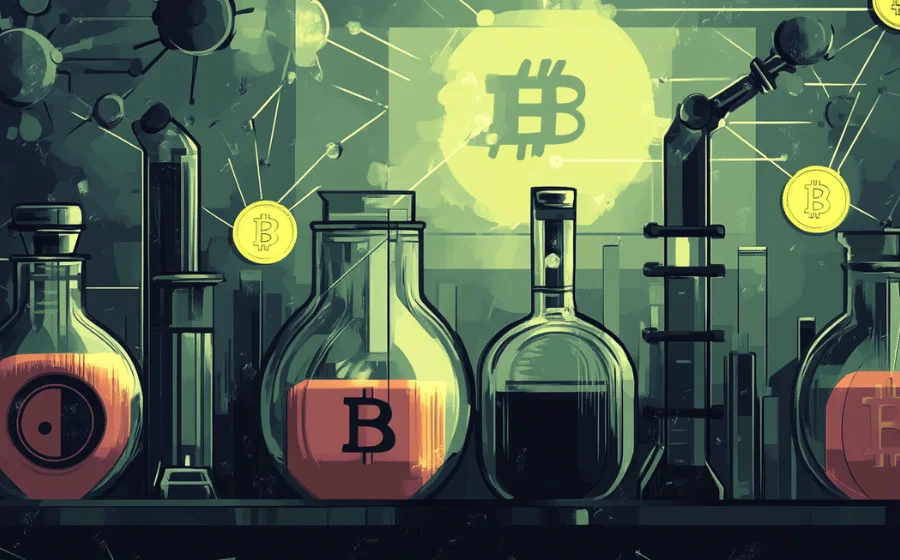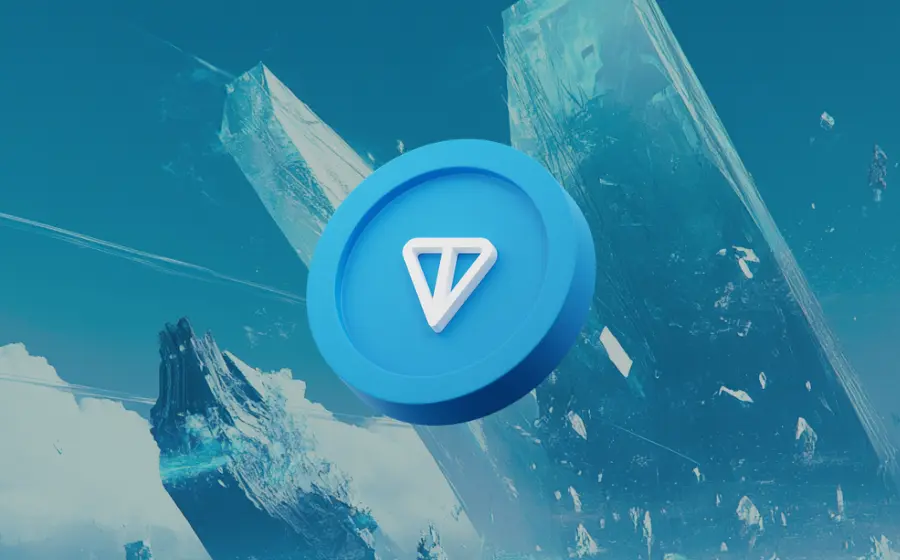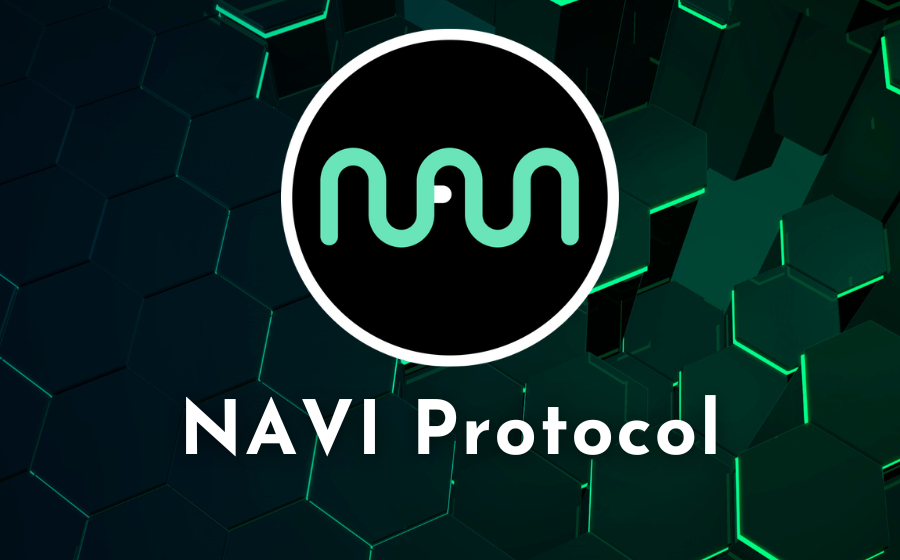
KEYTAKEAWAYS
- DeSci leverages blockchain to decentralize scientific publishing and improve access to research.
- Token-based rewards in DeSci promote reproducibility, boosting transparency and collaboration.
- DeSci enables crowdfunding and data tokenization, transforming funding and data ownership models.

CONTENT
Learn how DeSci (Decentralized Science) uses blockchain to democratize research, improve funding, and ensure data transparency, reshaping scientific collaboration.
WHAT IS DESCI?
DeSci stands for “Decentralized Science,” a method that leverages decentralized technology to transform the traditional scientific research model.
The core idea of DeSci is to eliminate reliance on centralized institutions in scientific research, promoting fair knowledge creation and distribution.
This model aims to provide broader access to scientific data, breaking the barriers where only select universities, institutions, or paid subscribers can utilize valuable resources.
By utilizing blockchain technology, DeSci ensures that research data and experimental results are stored in a decentralized manner, preventing loss or tampering while enhancing transparency and security in scientific research.
In traditional scientific fields, researchers often encounter the “Valley of Death” — the gap between basic research and the successful translation into new therapies or technologies.
During this phase, studies frequently face funding shortages and resource constraints, halting the progress of valuable scientific discoveries.
DeSci seeks to bridge this gap by enabling innovative fundraising methods, fostering data-sharing mechanisms, and promoting scientific collaboration.
This approach accelerates the transformation of scientific discoveries into practical applications.
>>> More to read: What is Blockchain and How Does It Work?
DESCI USE CASES IN PRACTICE
1. Decentralized Academic Publishing
Traditional academic publishing often faces criticism for high costs and limited access. DeSci platforms offer decentralized academic databases, allowing researchers to publish their findings directly.
This reduces publishing costs and broadens access to scientific knowledge, fostering greater public engagement and education.
2. Verifying Scientific Reproducibility
Reproducibility is vital in scientific research, ensuring that different researchers can achieve similar results under the same conditions using identical data and methods.
This enhances the credibility and accuracy of scientific findings.
DeSci introduces token rewards and reputation systems to incentivize researchers to share reproducible results.
Smart contracts can also facilitate transparent and verifiable peer review processes, boosting the reliability of scientific outputs.
3. Research Funding
Scientific funding is traditionally dominated by governments, corporations, and large institutions, leading to resource centralization and fierce competition.
Innovative or non-mainstream research often struggles to secure funding.
DeSci leverages decentralized networks to enable crowdfunding, allowing broader public participation in supporting scientific projects.
Smart contracts automate fund distribution, and blockchain records ensure full transparency and accountability for donors and researchers alike.
4. Tokenizing Biological Data
Scientific research frequently relies on vast amounts of biological data. DeSci platforms enable individuals to tokenize their biological data, such as health metrics or activity records, and share it in exchange for compensation.
Users retain control over data authorization, ensuring privacy protection while contributing to valuable research.
5. Ownership of Research Outputs
NFTs can be used to establish ownership of research outputs, including papers, experimental data, and patents.
When these outputs are utilized, smart contracts automatically distribute proceeds to researchers, data contributors, and institutions, ensuring fair compensation.
Soulbound Tokens (SBTs) can record individual achievements and credentials on-chain, providing verifiable proof of expertise and accomplishments within the scientific community.
>>> More to read: What Is Web3: The Next Evolution of The Internet
DESCI CHALLENGES
While DeSci offers numerous advantages for scientific research, realizing these decentralized visions requires overcoming significant challenges.
➤ Challenge 1: Resistance from Traditional Stakeholders
The current scientific publishing and funding ecosystems are dominated by traditional institutions that hold significant control.
These entrenched stakeholders may resist any shift that undermines their influence or revenue streams.
For instance, large publishing houses monopolize scientific journals, while established funding bodies favor conservative distribution models. DeSci must address this resistance to facilitate meaningful change.
➤ Challenge 2: User Adoption Barriers
DeSci relies on blockchain technology, which presents a steep learning curve, particularly around private key management and wallet operations.
This complexity can alienate average users, including scientists and researchers who may lack technical expertise.
Errors in handling wallets or smart contracts could lead to permanent data or fund loss, discouraging broader adoption.
➤ Challenge 3: Identity Verification and Trust Mechanisms
Without centralized authorities, DeSci faces difficulties in verifying participant identities and establishing trust.
How can the ecosystem ensure that contributors are legitimate and qualified researchers? How can it prevent fake identities from applying for funding or influencing decisions?
Stronger identity verification and trust mechanisms are essential to address these concerns.
➤ Challenge 4: Token Value Volatility
Relying on tokens to attract investor funding introduces the risk of market volatility. Scientific research is often slow and uncertain, which may lead to fluctuating token values and wavering investor confidence.
Excessive financial speculation could shift DeSci away from its primary mission of advancing research, threatening the integrity of the ecosystem.
DeSci represents a transformative opportunity to reshape scientific collaboration and research processes. However, beyond technological adoption, it requires cultivating a dedicated and engaged community.
The long-term goal of DeSci is to make scientific research more transparent, equitable, and efficient. Its growth will take time, but it holds great potential for the future.
>>> More to read: How to Get Crypto Passive Income Easily?


















